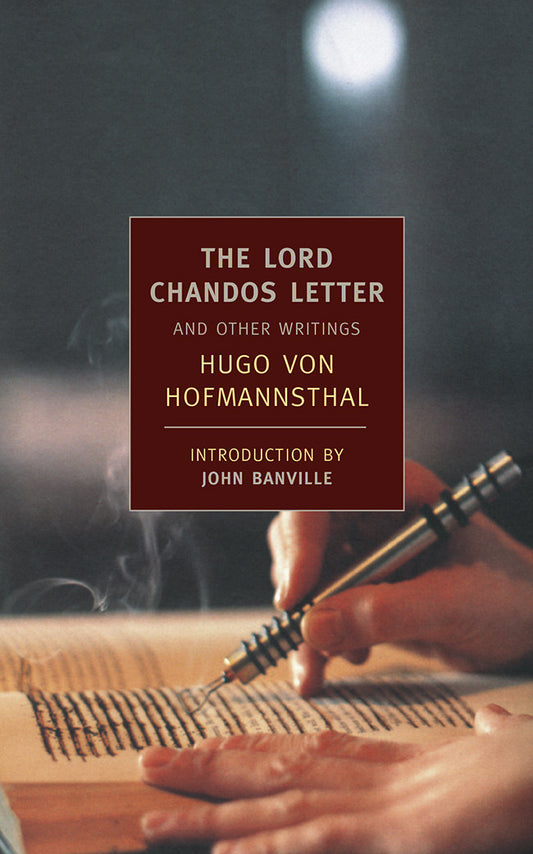Collection:
Hugo von Hofmannsthal
Hugo von Hofmannsthal (1874–1929), the poet, dramatist, essayist, and librettist, was raised in Vienna. The son of a banker, Hofmannsthal began to publish under the pseudonym Loris when he was only sixteen. Hofmannsthal’s youth, talent, and precociousness made a splash at Café Griensteidl, the epicenter of literary Vienna; critic Hermann Bahr, in particular, was astounded that someone using the pseudonym of a “well-groomed poodle” and with the figure of a “fine, slender pageboy” could write such brilliant poetry and prose. In the following years Hofmannsthal wrote successful plays and verse influenced by the Symbolist movement. He befriended such critics and writers as Richard Beer-Hofmann, Gerhart Hauptmann, and Stefan George, for whose literary magazine he wrote. A trip to Paris in 1900 introduced him to Maurice Maeterlinck, Auguste Rodin, and Anatole France. Around that time, however, Hofmannsthal turned away from Symbolist poetry; his aesthetic crisis is recorded, in part, in his famous work from 1902, “A Letter” (often referred to in English as “The Lord Chandos Letter”), in which a young nobleman confronts the futility of language. Hofmannsthal began to work almost entirely for the stage and, in 1906, met and began to collaborate with Richard Strauss. Over the next twenty years, he produced librettos for such Strauss operas as Der Rosenkavalier, Ariadne auf Naxos, and Die Frau ohne Schatten. During World War I, Hofmannsthal worked for a propaganda agency of the War Ministry; towards the end of his life, he championed Austrian culture in the hope that art could save Europe from political violence. He died in 1929, days after his oldest son committed suicide.





